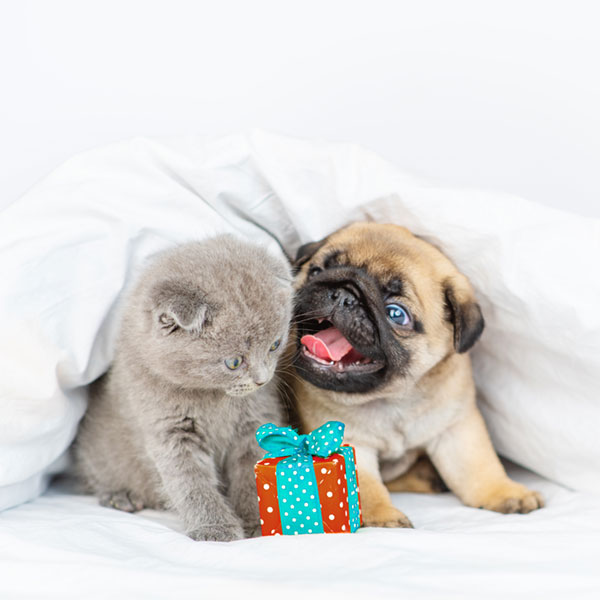Holiday Pet Safety
The holidays are times to spend with friends and loved ones, and who could you love more than your pet? So keep your bestie safe during with holidays with these helpful tips:
- Potentially Dangerous Items for Your Pet | Artículos potencialmente peligrosos para su mascota
- Pet Poison Control Information
- 24 Hour Vet Care:
- Redwood Veterinary Clinic/The Emergency Animal Hospital 707.542.4012
- VCA Animal Hospitals 707-584-4343
- Solano/Napa Pet Emergency Clinic 707-368-3684
Valentine’s Day
Chocolate
Chocolate often contain fillings which increase the risk of pancreatitis. Chocolates also contain caffeine and theobromine, which can stimulate their nervous systems and speed up the heart rate. Dogs cannot metabolize theobromine and caffeine as well as people can, increasing their sensitivity to the effects of these chemicals. The darker the chocolate, the higher the toxicity. dog weighing 50 pounds would potentially show signs of poisoning by ingesting only 1 ounce of baker’s chocolate, or 9 ounces of milk chocolate. Signs of toxicity include panting or restlessness, diarrhea, excessive urination, increased heart rate and vomiting. Extreme cases my include muscle tremors and heart failure. Learn more about chocolate toxicity on the Cornell University College of Veterinary Medicine website.
Lilies
Lilies may cause acute kidney injury in cats. Licking a few pollen grains off its fur while grooming may cause your cat to develop fatal kidney failure in less than 3 days. Early signs of toxicity include decreased activity level, drooling, loss of appetite and vomiting. Kidney failure can occur within 24 hours to 72 hours, leading to death if the cat isn’t treated. Learn more about lily toxicity on the USFDA website.
Alcohol
Three main types of alcohol – ethanol, methanol, and isopropanol – are rapidly absorbed by the digestive tract and through the skin. These chemicals cand damage the organs and impair their ability to function, which may cause organ failure and death. There are various sources of alcohol which you may find throughout your household. Be aware of their dangers to your pet, and take the necessary precautions to safeguard them from possible poisoning. Learn more at the PetMD website.
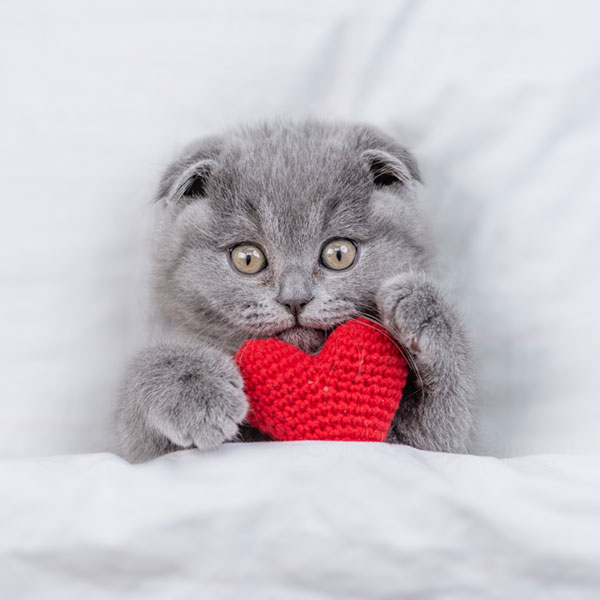
Easter
Chocolate
Chocolate is one of the more popular Easter candies and, while delicious for humans, can be dangerous to pets. Keep it out of reach!
Plastic Grass
Some pets love to eat regular grass but this grass can become lodged in the gastrointestinal tract and wreak havoc if consumed.
Plastic Eggs
Easter egg hunts with dogs can be fun and full of enrichment but if you have a dog that eats everything, the plastic may shatter. Swap those plastic eggs out for toys or just scatter treats in the grass and let them snuffle!
Plants
Lilies are especially popular during easter and can cause serious concerns for our furry friends. Exposure to any parts of the plant can result in kidney injury and gastrointestinal upset.
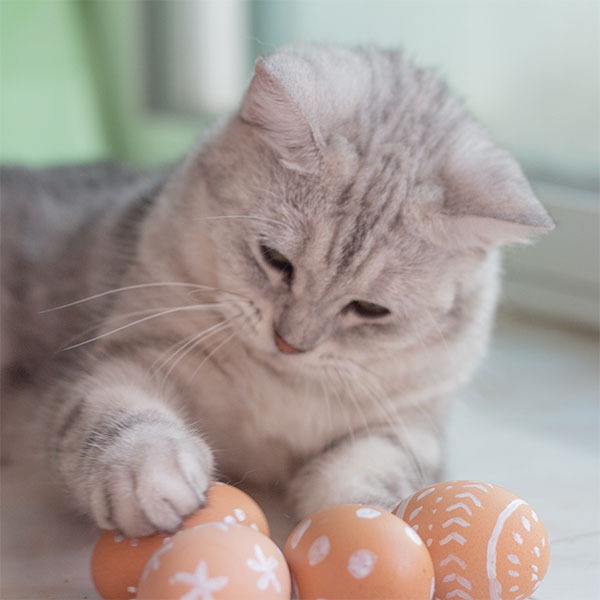
July 4th
Fireworks
Fireworks can be very frightening for even the most mellow and self-assured animal, and for nervous pets it can be terrifying. Please be aware of your pets’ sensitivities and prepare accordingly. Learn more about Independence Day Safety on the American Veterinary Medical Association website.
- Make sure your pets have identification tags with up-to-date information. If you have horses, consider marking a safety (breakaway) halter with your contact information and leaving it on your horse during this stressful time.
- Make sure your pets are microchipped. This can significantly improve the chances of your pet being returned if lost.
- Make sure your contact information is up to date with the micro-chip registry.
- Take current photos of all your pets, in case you need to make Lost Pet flyers
- Make sure your environment is secure. Keep your pets indoors, do not bring them to loud, crowded fireworks displays. Make sure your home is quiet and escape proof, maybe putting on the television or radio to mask the noise of fireworks.
- Consider a calming vest or Thundershirt for your dog to make them feel secure.
BBQ
The barbeque smells delicious to both people and pets, but unfortunately pets don’t understand heat and flames. Please be sure to keep your pets clear of the bbq so they can’t jump up/on the grill while in use or still hot. Also, bbq skewers can be very dangerous to hungry pets who may ingest them in part or whole , causing severe intestinal damage.
Heat
Too much sun and heat (and humidity!) can be dangerous to pets, make sure to given them plenty of shade and water. Keep them indoors during extreme heat, limiting extended exposure during hot weather. Be aware of signs of heat stress, including anxiousness, excessive panting/drooling, unsteadiness and collapse. Learn more about warm weather safety.
July 4th with your cat
Everyone celebrates this day a little differently- cooking food, firing up the grill, having company over- but even if you have zero activities planned, more likely than not, you’ll be able to hear fireworks from where you are- and so will your cat. What can you do to help keep your kitty safe and happy on this holiday?
-We may call this holiday ‘Independence Day’, but this is one day you should definitely NOT let your cat be independent! If your cat typically is allowed outdoors, today is a good day to stray from that habit and keep them inside.
-Now is a good time to double-check if you have any hiding spots in your house that it would be difficult to extract your cat from, and block them off. If they get scared, they may be driven to hide somewhere they normally wouldn’t- underneath the bed where you can’t reach them; the back of the closet behind a storage bin that they can squeeze behind; the cupboard that has a gap that gives them access to inside the wall. Make sure they have plenty of appropriate hiding options available, like cardboard boxes, cat cave beds, or cat furniture that includes hidey holes. In case of an emergency, you want to be able to easily find your cat and be able to easily get them out! Bonus points if you turn their carrier into a cozy place to hang out and hide- nothing makes getting your cat in their carrier easier than if they already view it as a safe, comfy spot!
-If you are going over to someone else’s house for a long period of time for a party, do your best to adjust your schedule so you can stick to your cat’s routine as much as possible- on a night where there are going to be some frightening noises, having everything else be the same can be comforting. Try to feed them at their normal times, play with them as you normally would, and give them the same kind of attention you would any other day.
-If you’re having people over to YOUR place for a celebration, and your cat is skittish or wary of strangers, loud noises, or both, consider giving them a ‘quiet room’ where they have access to litter, water, food, toys, etc. and keep the door shut. This also can prevent them from dashing outside as you’re opening your front door, or escaping through a patio or balcony if you’re hanging out outside and people are constantly going in and out.
-White noise is your friend! It will help drown out sounds of fireworks, your party, or anything else that may be going on. You can use an actual white noise machine if you have one, or play TV or radio at a low volume, turn on a fan or two, or play gentle music or even cat TV for them on an extra phone or tablet.
-Avoid overcompensating with the attention you offer; if they are scared and hiding and you are fawning over them and over-comforting them, the ‘abnormal behavior’ that YOU are displaying towards them could serve to increase their anxiety. Make sure you know where they are, offer them the usual pets and playtime and food, but don’t ‘make a big deal’ out of their fear, and don’t remove them from a hiding spot to try and ‘comfort’ them- if they are choosing to hide rather than come seek attention from you, then hiding is what they find the most comforting in the moment. If you’re free to sit in the room they’re in and read or watch TV or do some other ‘normal’ activity, this can help their anxiety from escalating. Mostly, just let them rest where they feel secure and try to behave just as you normally would towards them. If you discover that this event seems particularly traumatizing to them and they don’t bounce back quickly the next day, consider talking to your veterinarian about behavior medication to use for similar events in the future.
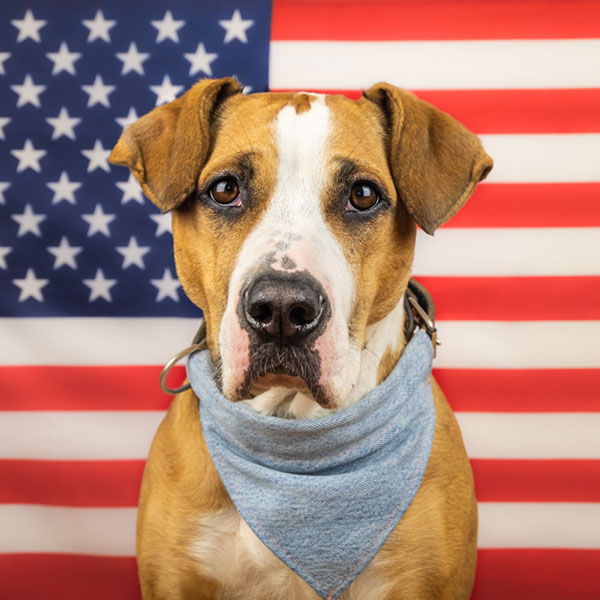
Halloween
Candy
Many candies contain chocolate or xylitol (a common sugar substitute found in sugar-free candies and gum). These can cause extreme digestive distress. Additionally, raisins may cause kidney failure, and there are many other foods which may be dangerous to your pet. Learn more about Halloween holiday safety on the American Veterinary Medical Association website.
Candles
Keep candles, jack-o-lanterns and other decorations out of reach of pets. Wagging tails may knock over candles, cats might find flames entertaining to play with, and decorations might be potential chocking hazards.
Visitors to the home
Trick-or-treaters may cause shy animals stress, or potentially create a dangerous situation for pets who may react defensively towards strangers. Keep animals in a secure part of the house away from the front door, and keep animal identification up-to-date in case they escape through an open door while trick-or-treaters are visiting.
Halloween With Your Cat
Halloween is just a few days away! Whether you’re having a party or are looking forward to a steady stream of trick-or-treaters, this Caturday I’d like to share a few Halloween safety tips for your cat.
-If your cat is normally allowed outdoors, this is a good night to keep them inside. With all the extra activity that goes on that night- more cars driving around, more people walking the streets- it is safer to keep your kitty indoors.
-If your door is going to be constantly opening and shutting as you hand out candy, it may be best to keep your cat in a separate room with a closed door to avoid risking them running outside. Be sure that the information on their microchip is up to date, just in case! You could also consider putting up a sign that says ‘knock please’ to discourage people from using your doorbell, as shy cats may be frightened by the loud bell constantly sounding.
-If you’re having a party, this is also a good reason to keep your cat away in a safe, quiet room. Even outgoing cats can be overwhelmed when there are a lot of people they don’t know in their space. Make sure they have access to food, water, toys and enrichment, and a litterbox. If your cat is particularly skittish, use something that will help drown out background noises- play gentle music, keep a tv on at a low volume, or have a fan running.
-While most cats are not going to be drawn to candy, as sugar/sweetness isn’t appealing to them, you should still keep an eye on any food you have out and make sure your cat doesn’t try to sneak a bite of anything! While your cat may not be interested in the candy itself, crinkly wrappers can seem like a very fun toy to them, and accidental ingestion leading to a blockage is always a risk- especially if your cat has a history of chewing plastic bags or anything similar, be sure all candy wrappers go straight in the trash.
-Limit the use of cat costumes. While we may think a dressed up cat is adorable, most cats do not enjoy the process of being dressed up, nor wearing the outfit. If you have a relaxed, confident cat who you think may be okay with costumes, consider working slowly to train them to accept being dressed up using positive reinforcement methods, instead of just throwing an outfit on them.
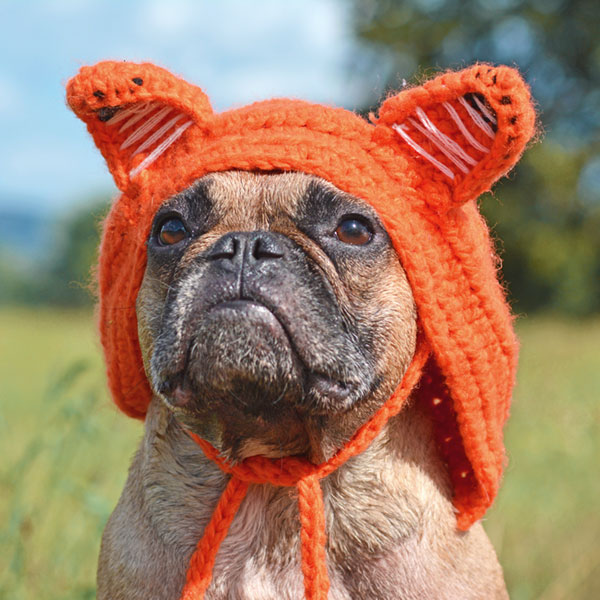
Thanksgiving
Turkey
Eating turkey or turkey skin can cause a life-threatening condition in pets known as pancreatitis. Fatty foods and hard for pets to digest, if you want to give your pet a Thanksgiving treat, get them something made specifically for animals. Learn more about Independence Day Safety on the American Veterinary Medical Association website.
Trash
A turkey carcass left out in on the table, in a trash container indoors or outside, or even in a truck ready to go to the dump (trust us, it’s happened) can be a life-threatening hazard to hungry and resourceful animals looking for a snack. Eating excessive amounts of turkey or ingesting bones can cause major intestinal trauma, leading to injury or death. Be sure to secure all trash to prevent animals from dumpster diving your tasty trash treats.
Thanksgiving With Your Cat
For those of us who celebrate it, Thanksgiving is coming up! In the excitement and chaos of the holiday, it can be easy to forget about any special arrangements you may need to make for your feline friends. The following are some tips for how to make the event a little more cat-friendly. If you don’t celebrate Thanksgiving, you can think of this as advice for any event where you have visitors and food in your home.
When celebrating a holiday that involves food, it’s natural to want your cat to join in on the fun. If you really want to play it safe, rather than giving your kitty any human food, you can pick out a ‘special’ cat food or treat to offer them instead; something tastier than what they get on a day to day basis. If you really want to share some of what you’re cooking, the safest bet is likely unseasoned white turkey meat. Ensure that anything you offer them is fully cooked to avoid salmonella, and check for bones as they could splinter and cause GI issues. Don’t offer them too much, either; even if the food you give them is completely safe, too much of a new thing can give them an upset tummy which could lead to diarrhea or vomiting.
Even if you have no plans for giving your cat human food, they may have a different idea. Even cats who are usually good at staying off the counters may be tempted by new smells, so don’t leave anything uncovered unattended. If you have some food set out in serving dishes that don’t have covers, you can use an oversized pot or mixing bowl to cover it up. Be especially careful with any dishes that contain foods that can be dangerous to cats, like garlic or onions.
If you’re decorating your home and want to include plants or flowers in the décor, read up on what you get to make sure your choice is cat safe. Many plants and flowers can be toxic to cats, including the popular holiday flower lilies- even just brushing up against them and licking pollen off their fur can result in a medical emergency.
Having visitors over usually results in more noise and activity, and that can be stressful for your cat. Even typically friendly cats can feel overwhelmed if there are lots of people over- especially people they’ve never met before. Ensure you have a ‘quiet’ area set up for your cat that is off-limits to visitors, where they have access to water and their litter box, so if they decide to retreat there, their basic needs are still being met. To drown out background noises, you can leave a fan running, or play some gentle music at a low volume. Make time for your cat during your busy day- cats thrive on routine, so stick to their normal schedule for feeding, playing, and cuddles as much as you can. It will go a long way in keeping their stress levels low!

Hanukkah/Christmas
Keep your pets safe during the holidays with tips from the FDA.gov website.
Menorahs/Candles
Curious cats like to swat at flames and may burn their paws, and dog tails have no sense of danger. Keep pets away to avoid burns and accidental fires.
Christmas Ornaments/Dreidels
These items can be dangerous if your pet chews or eats them, creating possible choking hazards, gastrointestinal foreign body obstruction and death. Keep these items out of reach of pets.
Gelt/Advent Calendars
Chocolate is toxic to dogs, and gold foil wrappers can cause intestinal issues to both cats and dogs if swallowed.
Yeast dough
Weather making challah or homemade bread, yest dough is dangerous to pets. It can cause alcohol toxicity and stomach bloating, which can be life threatening.
